A balcony or patio in Singapore offers a little outdoor haven amid the urban bustle. Yet, the combination of heat, humidity, and frequent rain showers means these areas can quickly gather dust, mold, and even algae. Regular maintenance and innovative cleaning strategies are essential to keep your outdoor space looking fresh. Here’s a detailed guide on maintaining and cleaning your balcony or patio so it remains a comfortable retreat.
Start with Regular Sweeping
One of the simplest yet most effective ways to clean your balcony or patio is by sweeping it regularly. Dust, leaves, and debris can accumulate quickly, especially in open spaces. Regular sweeping keeps it looking tidy and helps prevent slips on slippery debris, which can get worse in Singapore’s humid climate.
Tip: Use a soft-bristled broom to avoid scratching delicate tiles or wooden flooring, and sweep at least twice a week to keep the space dust-free.
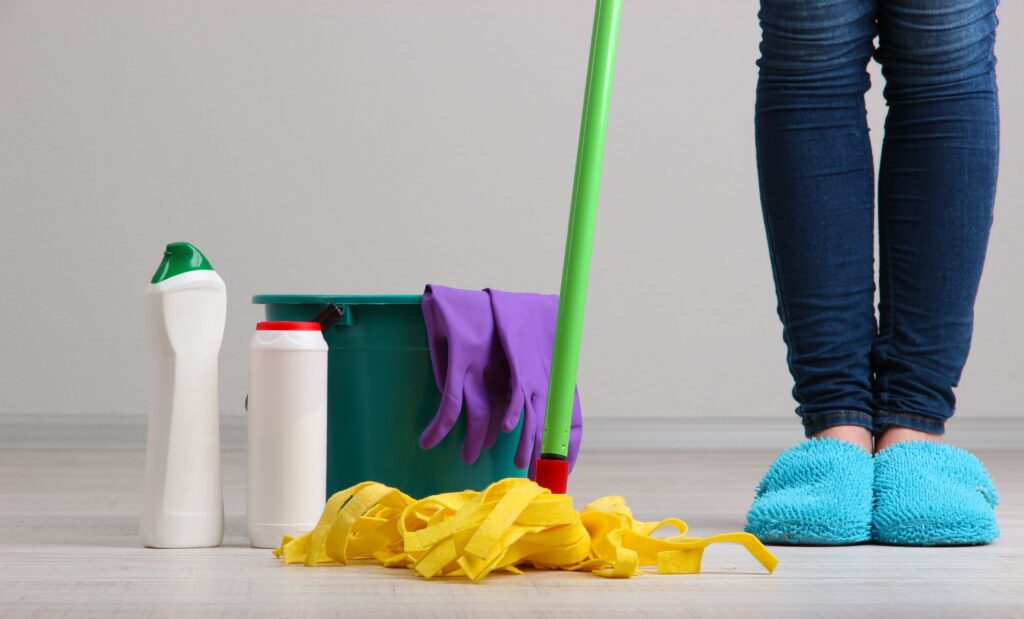
Washing and Mopping the Floors
Balcony and patio floors are prone to dirt and stains from rainwater, pollution, and daily use. A deep clean once a month can make a huge difference in maintaining their appearance and hygiene. Use warm water, mild dish soap, or floor cleaner to mop the floors thoroughly. This can help remove tough stains, grime, and occasional algae buildup.
Tip: For stubborn stains, consider using baking soda paste or diluted white vinegar, which can work wonders on concrete or tile floors without harsh chemicals.
Removing Mold and Algae
Given Singapore’s high humidity, mold and algae growth on outdoor surfaces can be shared, particularly on shaded or damp areas. Mold and algae look unsightly and can create a slippery surface, posing a safety risk.
Cleaning Solution: Mix one part white vinegar with three parts water and spray it on affected areas. Let it sit for about 15 minutes, then scrub with a stiff brush and rinse with water. For more resistant mold, consider using a mixture of bleach and water (one part bleach to three parts water), but be sure to wear gloves and avoid splashing on plants or furniture.
Caring for Outdoor Furniture
Patio furniture, from cushioned chairs to outdoor tables, needs regular upkeep to prevent damage and keep it looking fresh. Start by dusting furniture regularly and wiping it down with a damp cloth. For deeper cleaning, refer to the specific material of your furniture:
Plastic or Metal Furniture: Wipe with dish soap and water. For stubborn spots, a baking soda paste can lift stains well.
Wooden Furniture: Clean with a soft cloth and a wood-safe cleaner. Consider applying an outdoor wood sealer every six months to protect it from moisture and sunlight.
Fabric Cushions: If your cushions are weather-resistant, they should withstand outdoor conditions. Use a fabric cleaner on stains and allow them to air-dry thoroughly. To prolong their life, store cushions indoors during rainy or high-humidity periods.

Managing Plants on the Balcony
- Plants are a great way to enhance your balcony’s aesthetics, but they require maintenance to keep your space tidy. Ensure potted plants are placed on trays to catch excess water, which helps prevent water stains and potential mold growth on your balcony floor. Dead leaves or flowers can create clutter, so prune plants regularly and clear fallen debris promptly.
Tip: Rotate your plants to give them even sunlight exposure, which helps them grow evenly and stay healthy.
Keep Glass Panels and Railings Sparkling Clean
Glass panels and metal railings on balconies can accumulate dust, bird droppings, and water stains, affecting your space’s view and overall appeal. To keep glass panels clear, clean them once a month with a window cleaner or a homemade vinegar and water solution. Wipe the surface with a microfiber cloth or squeegee for a streak-free finish.
Use a cloth and mild, soapy water for metal railings, then rinse and dry to prevent rusting. A bit of olive oil on a cloth can add a protective shine to stainless steel railings.
Protecting Against Pests
Outdoor spaces can attract pests like ants, mosquitoes, and birds, disrupting the peace of your balcony or patio. Keeping food or sugary drinks away from the area is one way to deter pests, but for extra protection:
Anti-Mosquito Measures: Use mosquito repellents or place citronella candles on your balcony. Plants like citronella, lavender, and lemongrass are natural mosquito repellents and add a fresh scent to your outdoor space.
Anti-Ant Measures: If you notice ants, sprinkle some cinnamon or coffee grounds around the area, as these are natural deterrents. For more severe ant problems, try using an ant bait or repellent spray on the edges of your balcony.
Bird Deterrents: If you have bird issues, consider using bird spikes or nets, which prevent birds from nesting in unwanted spots. Reflective surfaces like foil strips can also discourage birds from entering the area.
Using Waterproof Covers and Shades
Add a Touch of Fragrance
- To make your outdoor area more inviting, consider using essential oils or outdoor diffusers to add a pleasant fragrance to your balcony or patio. Scents like lavender, eucalyptus, and citronella smell good and have insect-repellent properties, keeping bugs at bay while adding a refreshing aroma.
Tip: Place a few drops of essential oil on a cotton ball and place it near the seating area. You could add potted herbs like rosemary or mint, which smell lovely and deter pests.
Regular Maintenance Is Key
Lastly, regular maintenance is the secret to a pristine balcony or patio. By dedicating just a few minutes each week to cleaning and tidying your outdoor space, you can avoid bigger cleaning tasks later. Consistency with simple habits—like sweeping, wiping down surfaces, and clearing clutter — will make a noticeable difference in the long run.
Final Thoughts
Maintaining a balcony or patio in Singapore’s humid, tropical climate may seem challenging. However, with the right strategies and regular upkeep, it can become a serene extension of your indoor space. The tips above can help you keep it fresh, clean, and inviting year-round. If you find the upkeep overwhelming, consider hiring a part-time cleaner to handle the deep cleaning tasks, ensuring that your outdoor area remains a cozy escape.
Whether you enjoy morning coffees on your patio, evening reads with a breeze, or entertaining friends outdoors, keeping this space well-maintained can enhance your living experience in Singapore. Embrace these tips, and create a sanctuary that reflects comfort, relaxation, and cleanliness.


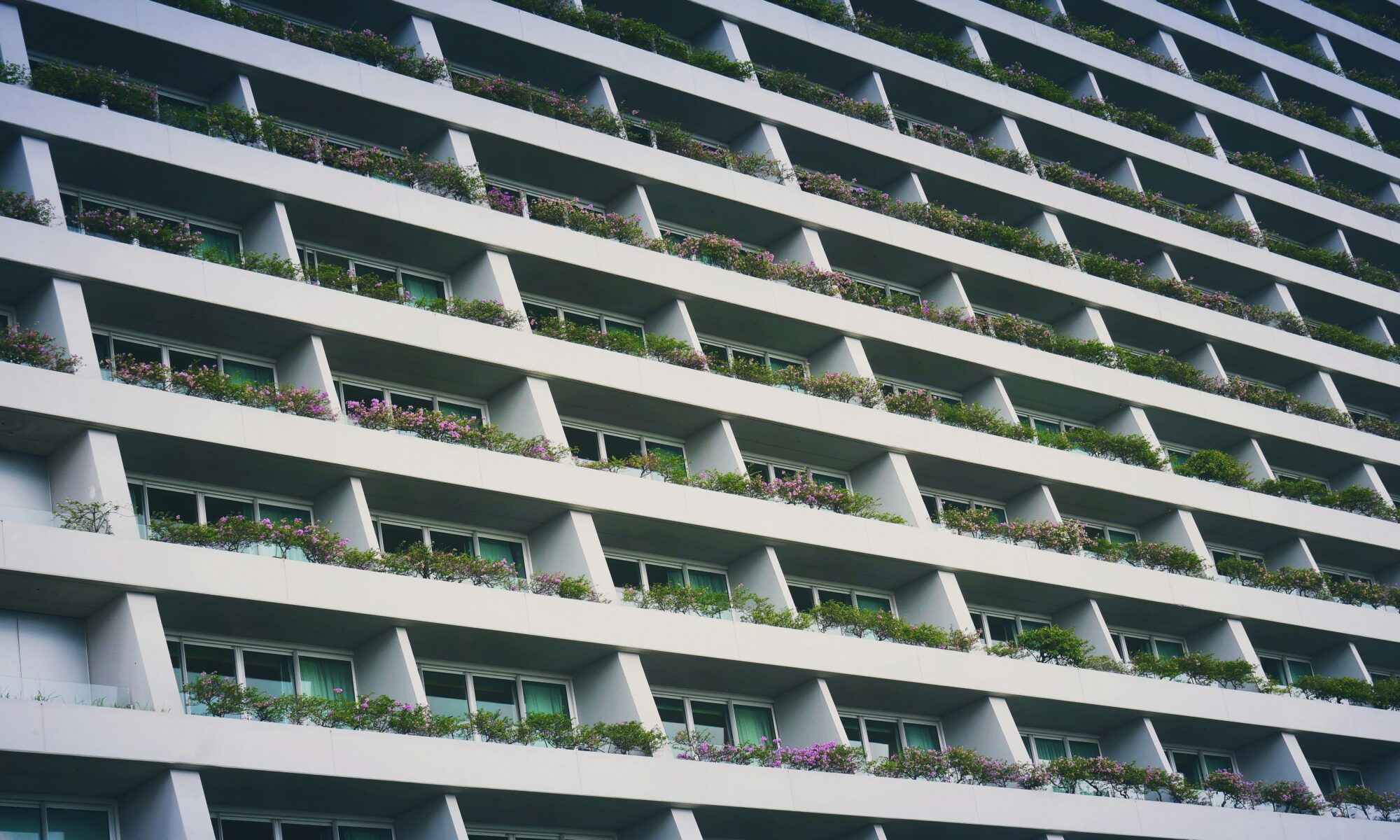









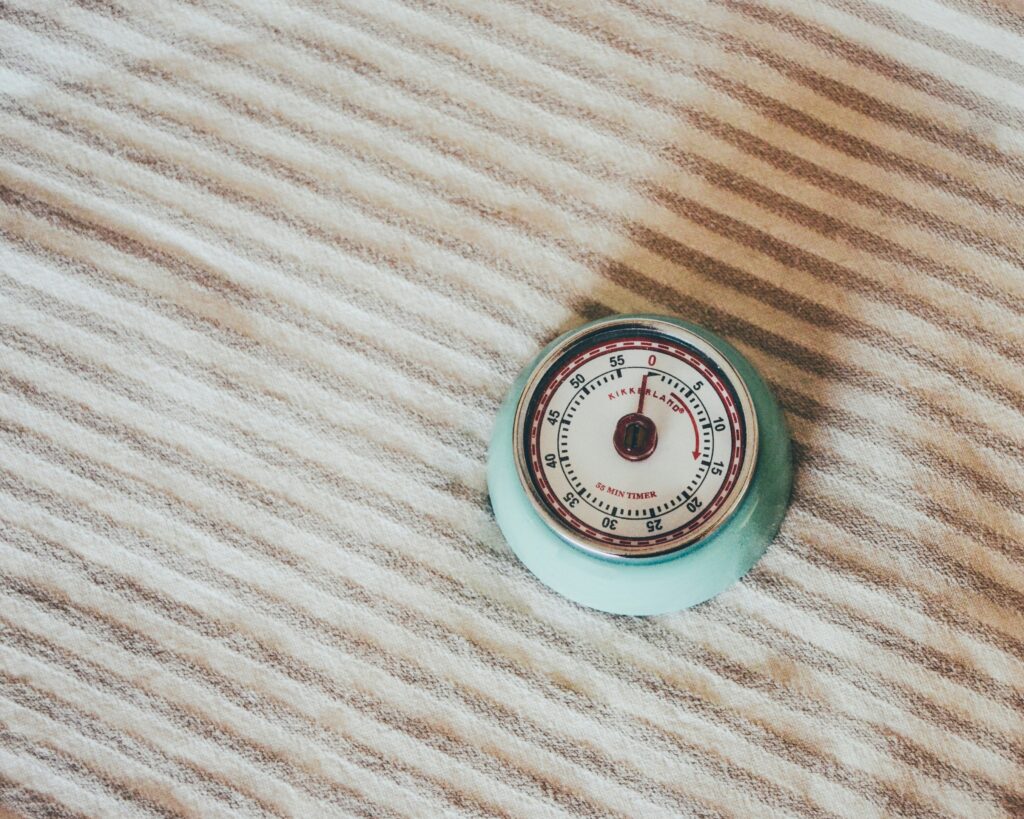
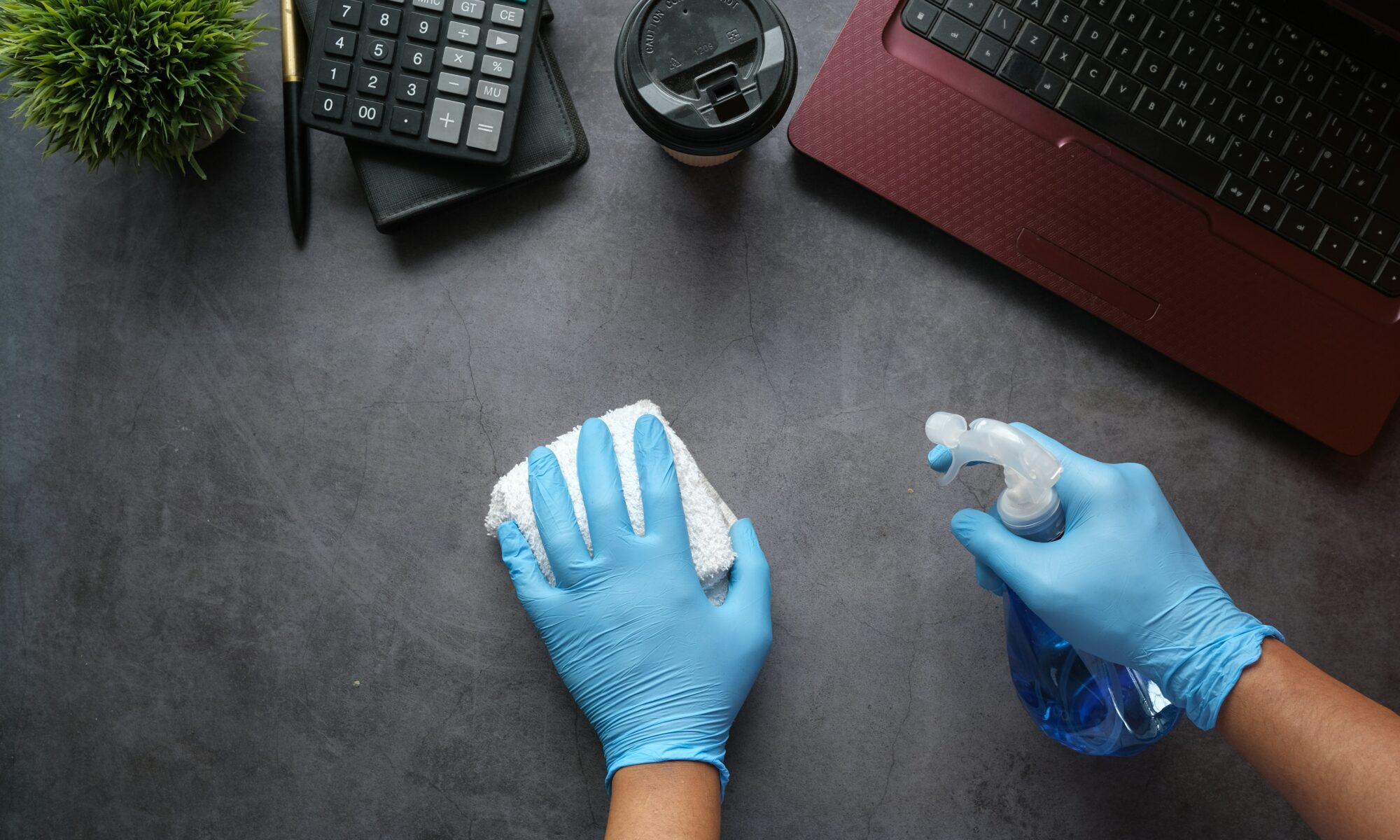
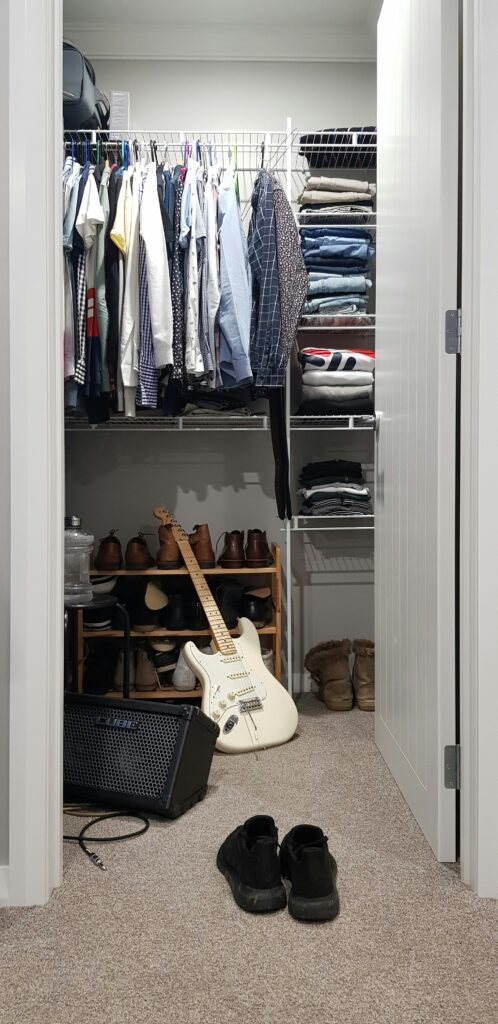


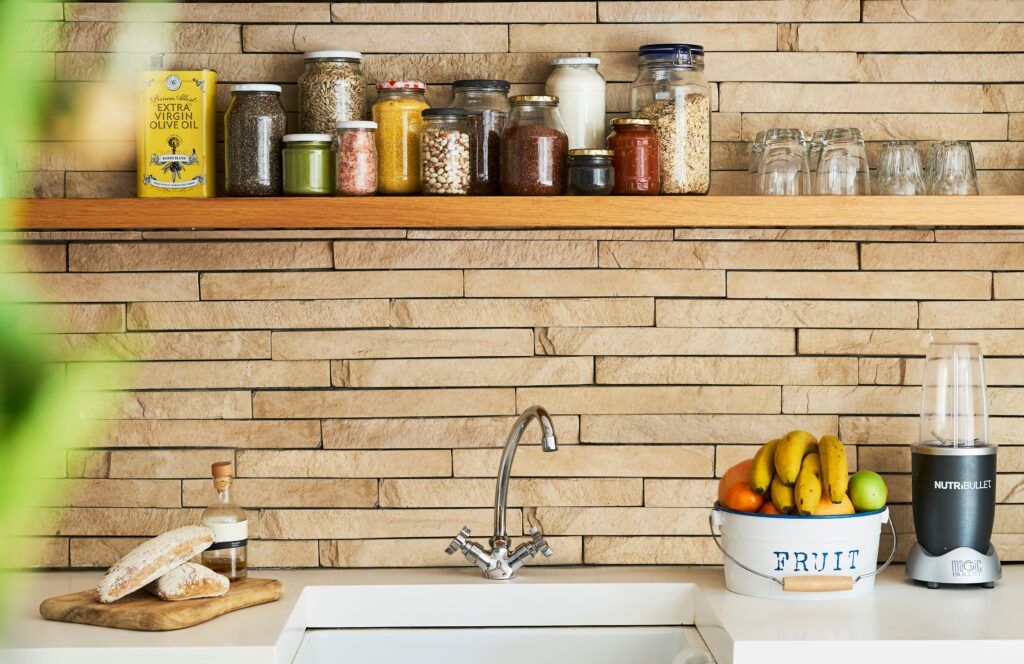
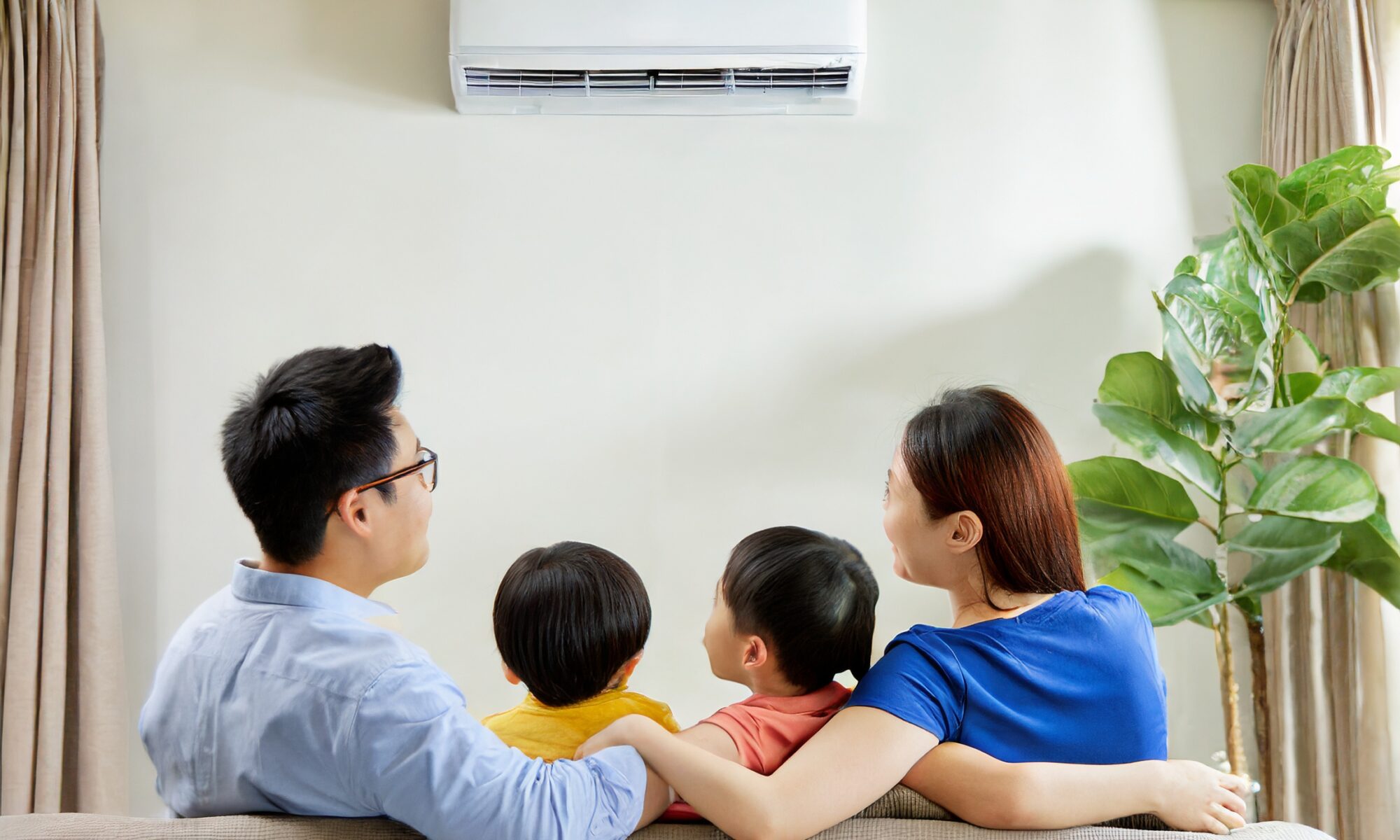


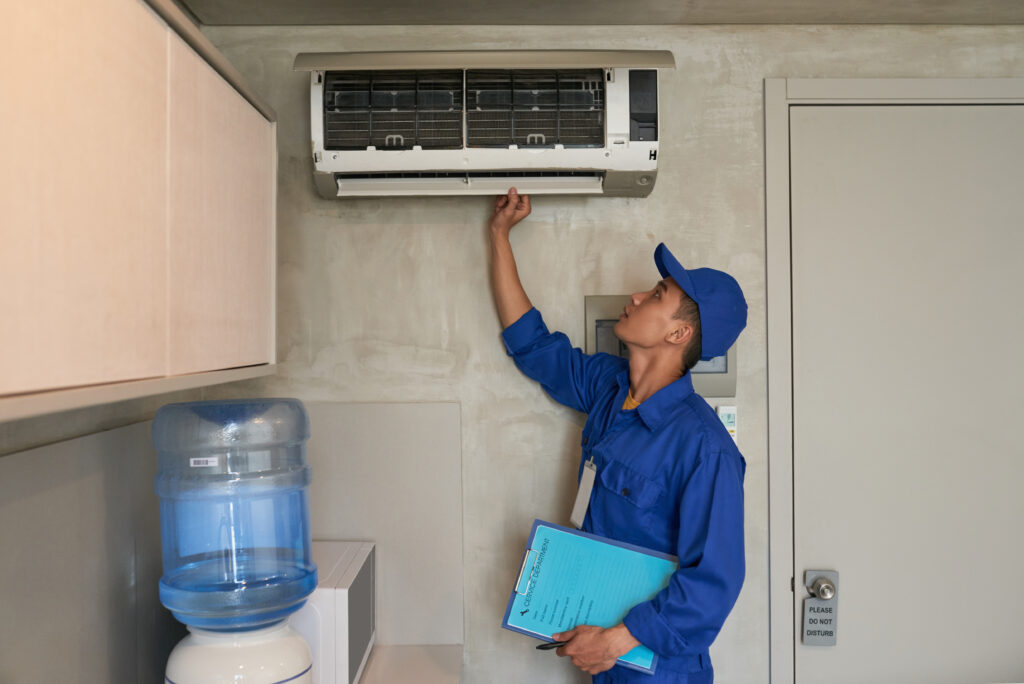
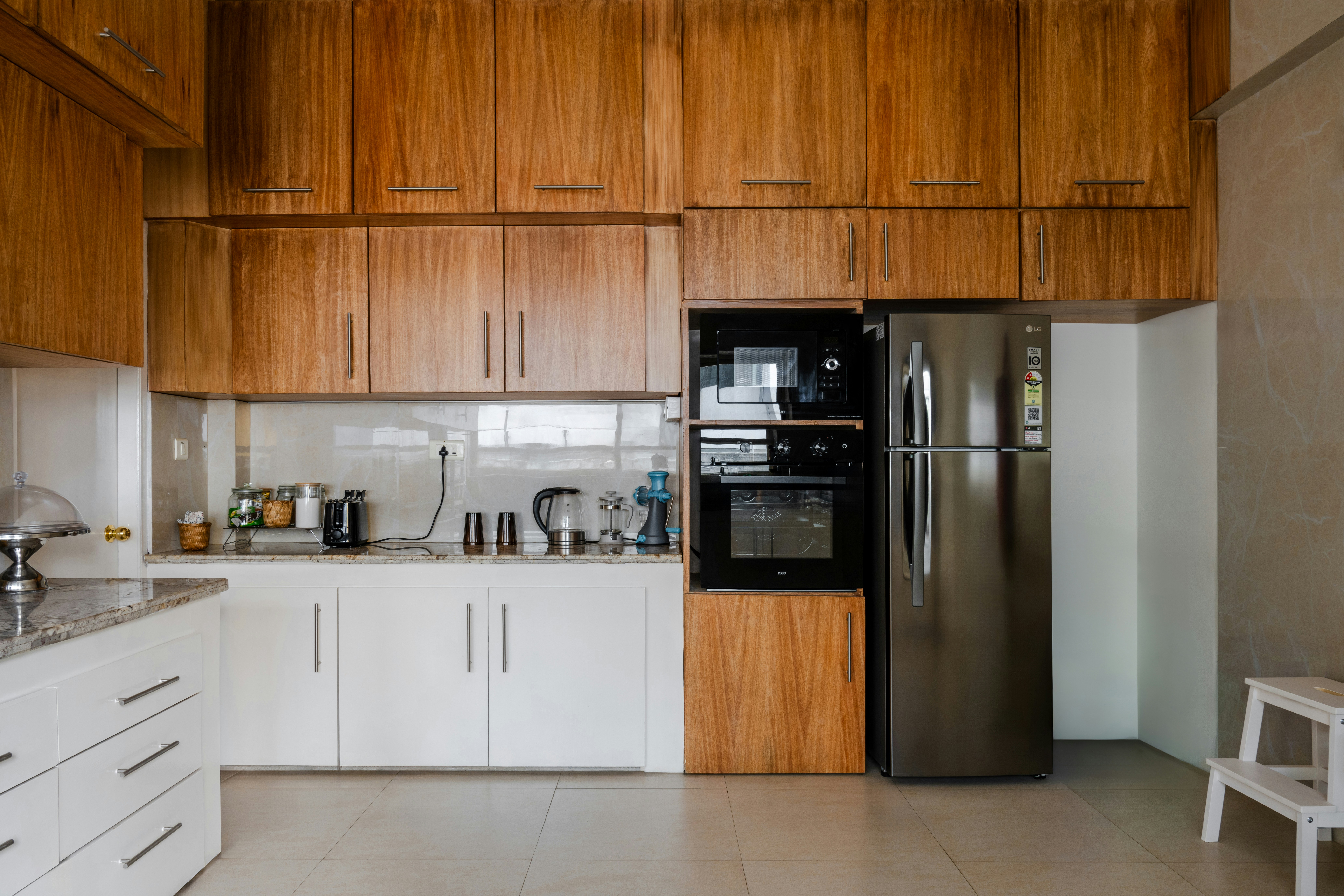

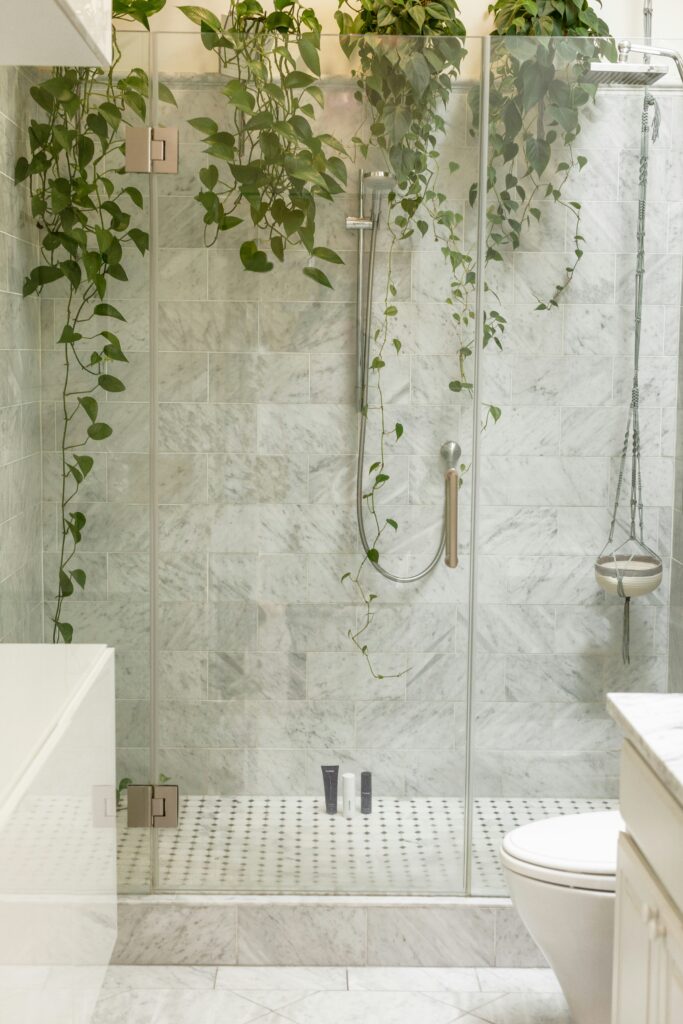


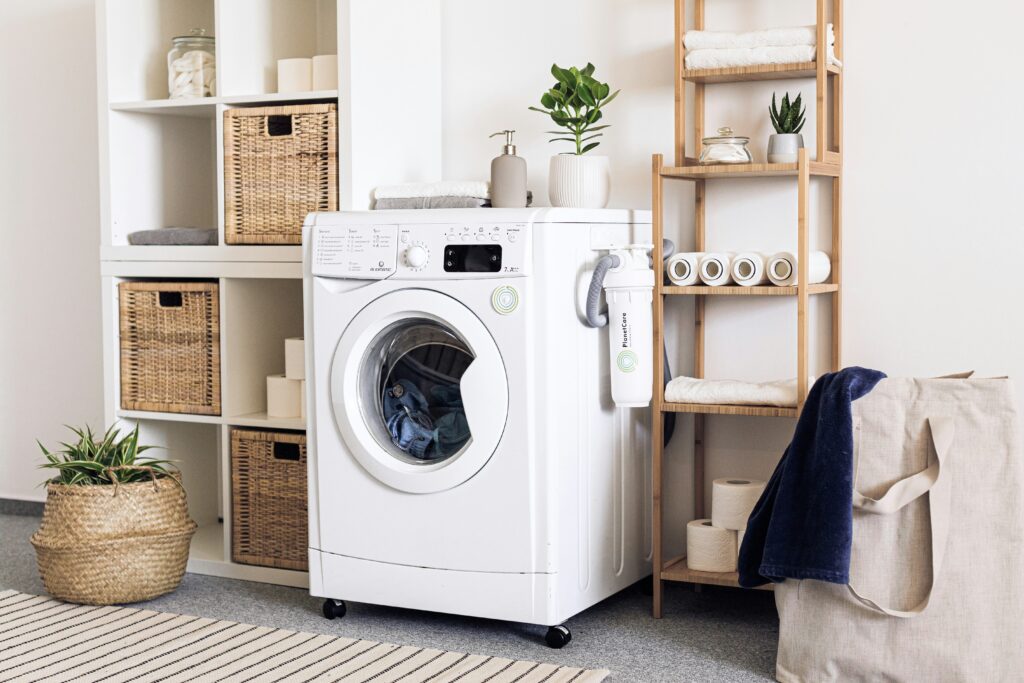


You must be logged in to post a comment.